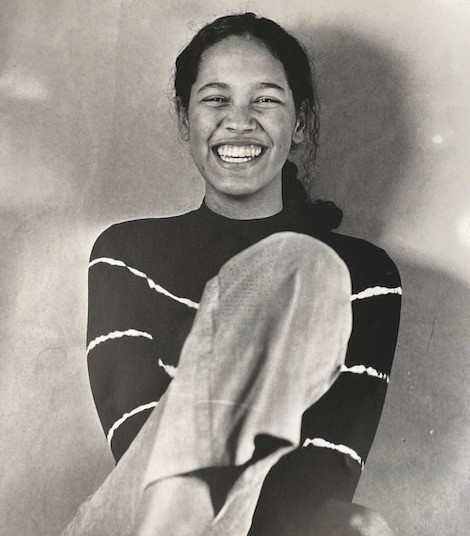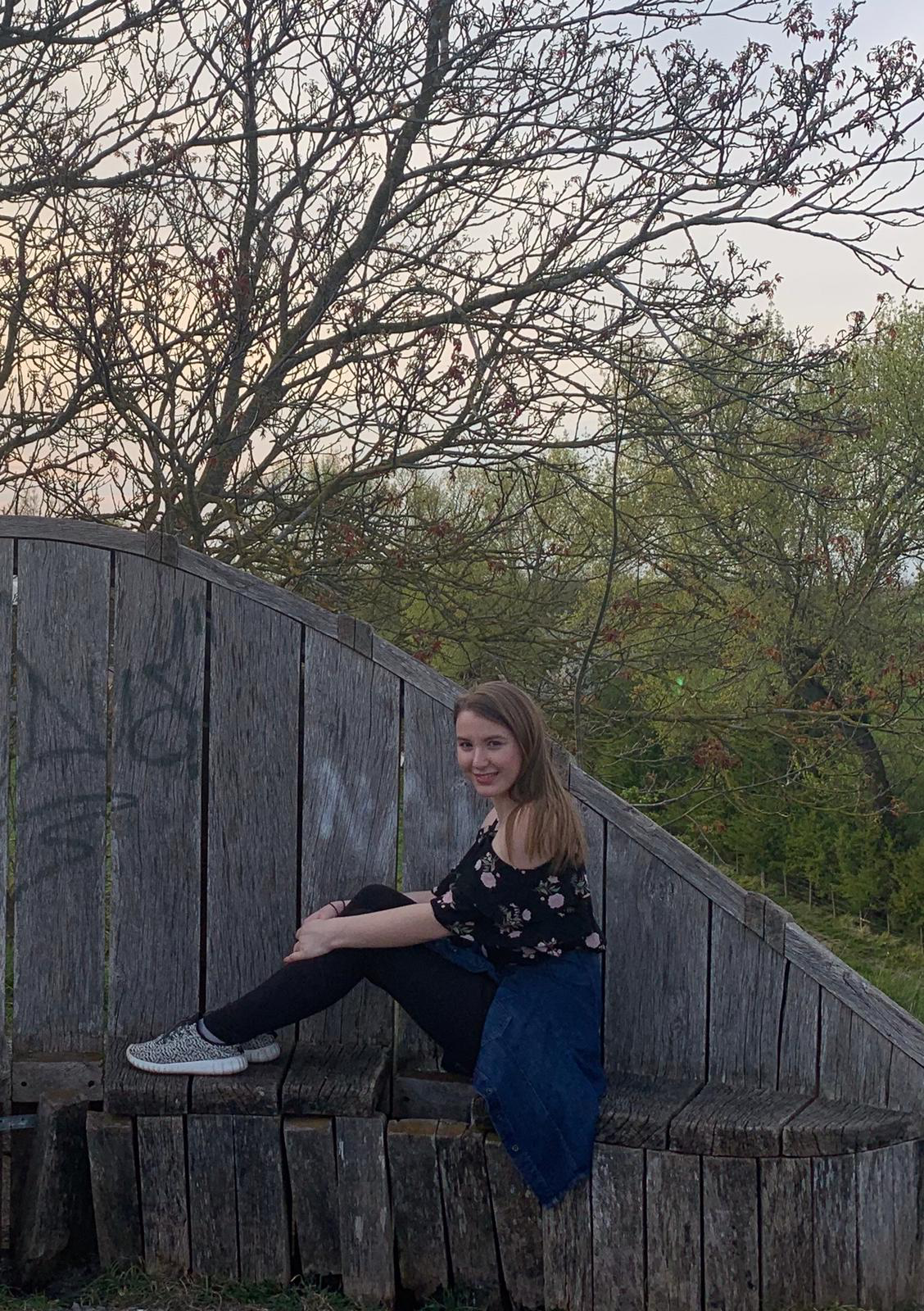By Vanessa Bennett, with the work experience team: Jess, Liana, Niamh and Saskia
At the end of the summer we welcomed four enthusiastic young people from Year 12 and 13 to participate in a packed week of ‘virtual’ research work experience (and some on-line socialising) at the end of their long, ‘unusual’ summer.
The focus was to provide a flavour of day-to-day working within a research team, expand their knowledge of mental health research, develop new skills and confidence and apply these to provide meaningful outputs supporting the aims of the research group. They also experienced many interactions with external guest researchers and the National Children’s Bureau and planned and ran our full NeurOX YPAG meeting!

The team’s overall objective for the week was to consolidate input provided by the broader NeurOX YPAG over the past 4 months on the role of digital approaches to include and amplify young people’ voices from diverse backgrounds and with diverse experiences in mental health research in a meaningful way. A key focus was on connecting young people and improving accessibility using digital approaches. They also started applying these learnings to future research projects exploring approaches and evaluation of on-line peer support for young people.
As researchers, over the past 4-5 months throughout the Covid pandemic we have listened, learned and started to adapt our approaches and practise in a journey of discovery around how best to interact and conduct research with young people using digital mechanisms. The feedback from our young researchers (and guest researchers) over this period has been invaluable and will guide our future work across many aspects of our research and involvement with young people. We would love to share this with others interested too, and encourage wider involvement of young people, so please take a look at at our useful guides and resources.
If you would like further information please contact: vanessa.bennett@psych.ox.ac.uk
Meet the work experience team – bios!

Hey I’m Jess, 18, and just starting University to do a Psychology BSc. I have been part of the YPAG since it started which I have really enjoyed & it has lead me to want to study psychology further. This work experience week has been so exciting- I have learnt so much about the professional environment and it’s been lovely to form such a tight group.

My name is Liana and I am a year 13 student, I am taking Biology, Art, Maths and Philosophy & Religion. I have absolutely loved this week of work experience, I feel like I have learned so much, and got to work on some incredible projects. However, what I loved most is the amazing YPAG team that I got to meet, get to know and work with!

Hi, my name is Saskia and I am studying for an Msci Psychology degree. Being part of the YPAG for the past 4 years, and taking part in the work experience week has been extremely valuable. I enjoyed connecting with researchers and participating in their projects, as well as forming closer relationships with other YPAG members.

I’m Niamh and I’m a year 13 student currently studying Biology, Chemistry, Physics and Maths. I plan to study Biomedical Science at university. I have really enjoyed the opportunity to work with the NeurOX team and connect with other YPAG members; I feel like we have had a positive impact and had a lot of fun!
Laptop image by bongkarn thanyakij from Pexels


